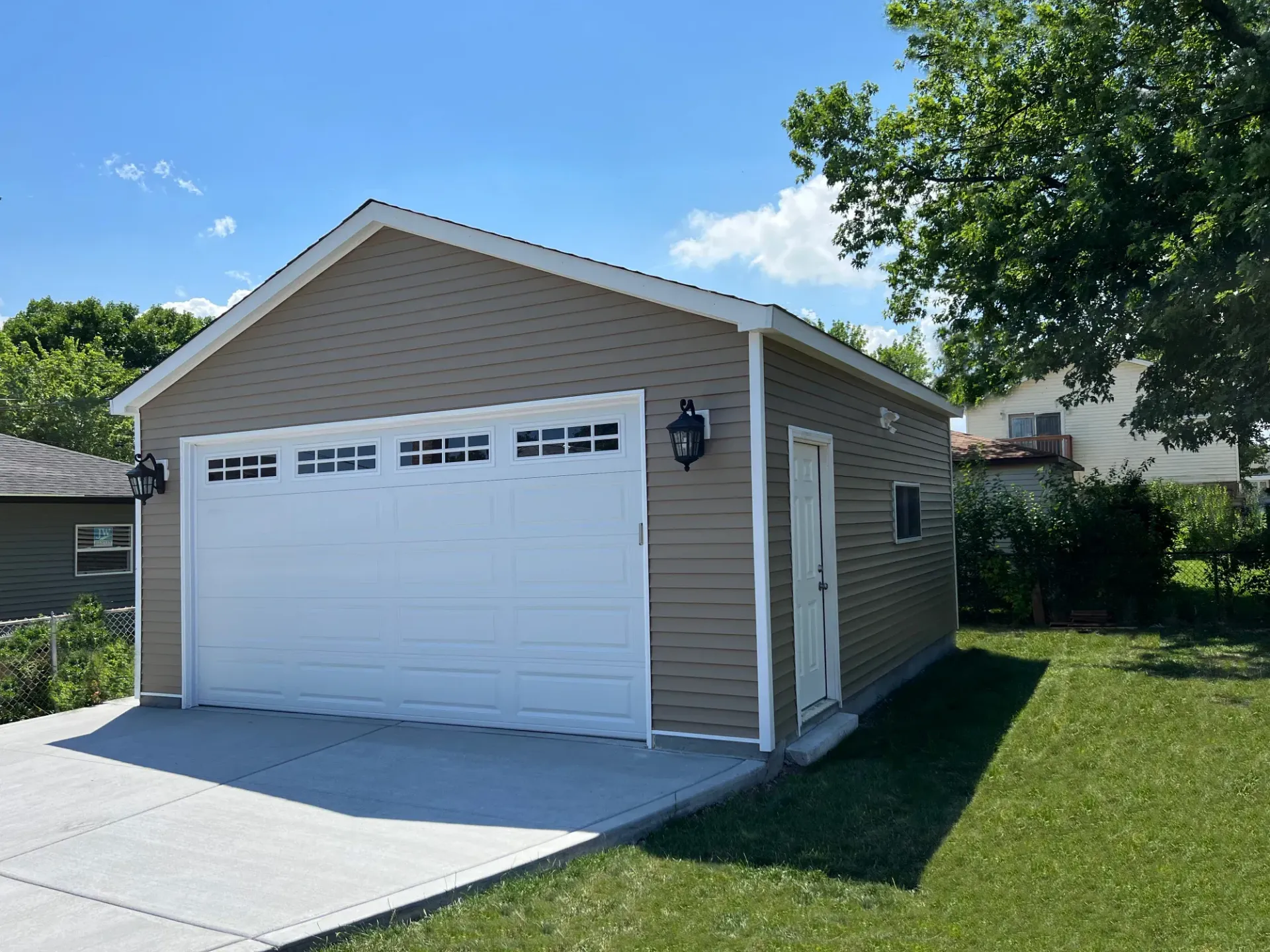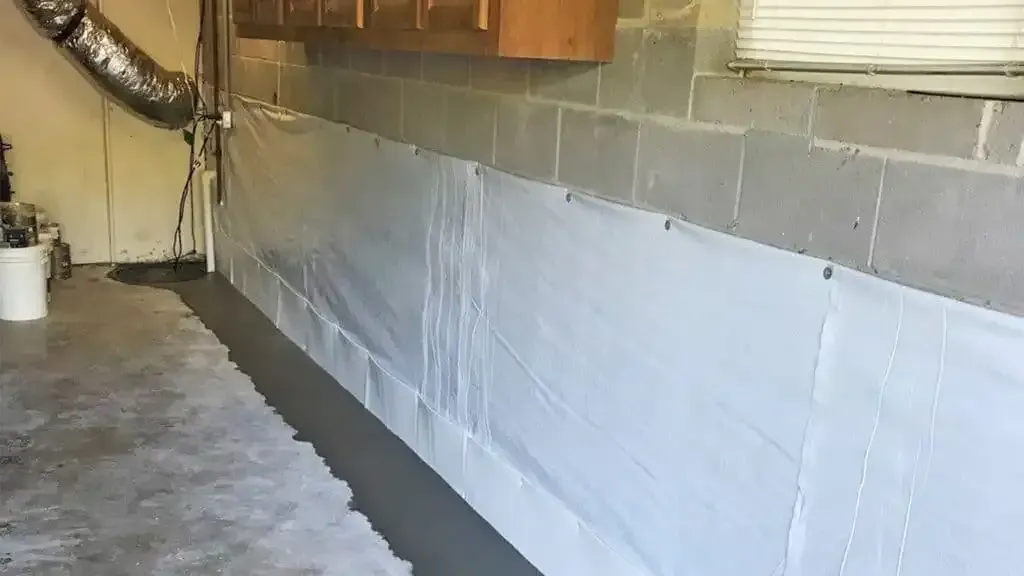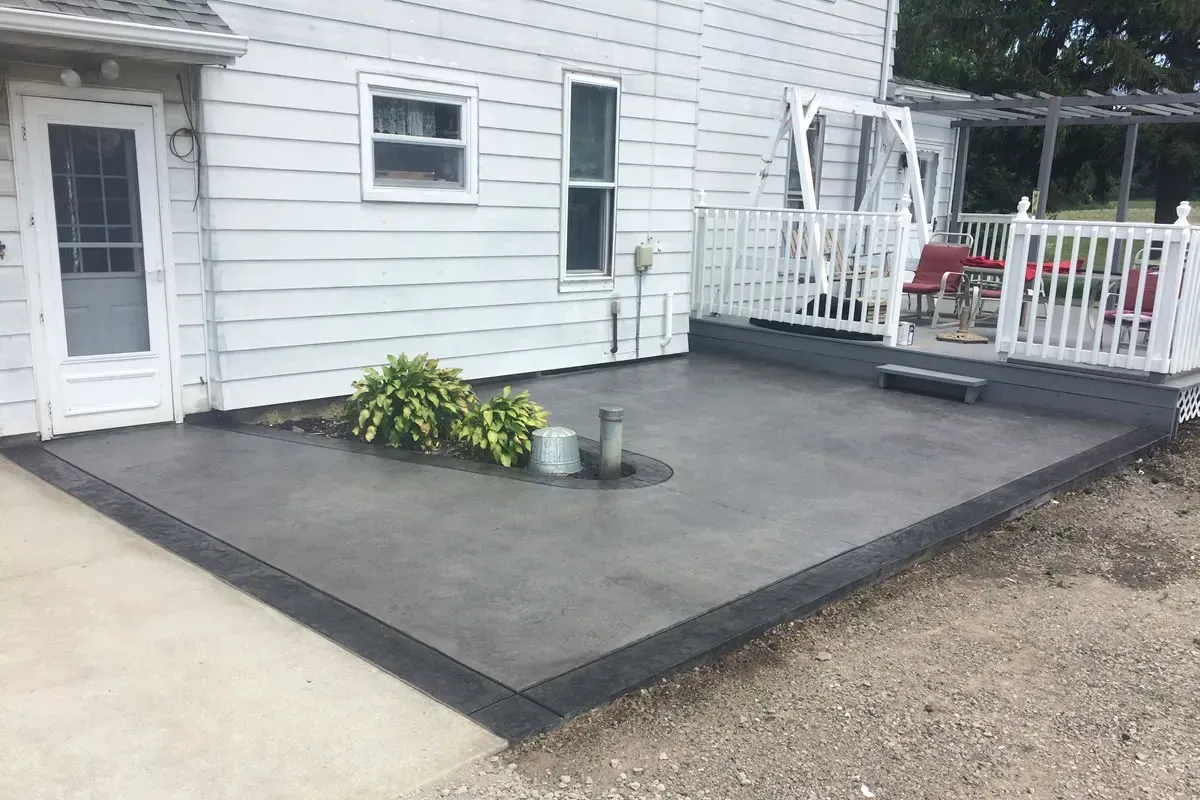Excavation for Driveways, Foundations, Utilities: Rhode Island
Professional excavation services are essential for successful construction projects in Rhode Island. From coastal Newport mansions to Providence urban developments, proper excavation ensures stable foundations, functional driveways, and reliable utility installations that withstand the Ocean State's unique challenges.
Types of Excavation Services in Rhode Island
Primary excavation services include:
- Foundation excavation - Building footings and basements
- Driveway excavation - Access roads and parking areas
- Utility excavation - Water, sewer, gas, and electric lines
- Site preparation - Land clearing and grading
- Drainage systems - Preventing water damage and flooding
Each type requires specialized equipment, techniques, and permits specific to Rhode Island regulations.
Foundation Excavation in Rhode Island
Challenges of Rhode Island Foundation Work
Rhode Island's diverse geology creates unique foundation challenges:
- Coastal areas: Sandy soils require deeper foundations
- Inland regions: Clay and rocky terrain demand specialized techniques
- Historic districts: Limited access and preservation requirements
- Flood zones: Elevated foundation requirements near water
Foundation Excavation Process
- Site survey and soil testing
- Permit acquisition from local authorities
- Utility marking and clearance
- Excavation to specified depth and dimensions
- Soil stabilization and drainage installation
- Foundation footing preparation
Rhode Island Soil Conditions
Coastal Rhode Island:
- Sandy soils with good drainage
- Requires deeper excavation for stability
- Salt exposure considerations for materials
Central Rhode Island:
- Mixed clay and loam soils
- Moderate excavation challenges
- Seasonal water table variations
Western Rhode Island:
- Rocky terrain with ledge considerations
- Requires specialized rock excavation equipment
- Higher excavation costs due to complexity
Driveway Excavation in Rhode Island
Planning Your Rhode Island Driveway
Successful driveway excavation requires careful planning for:
- Slope and drainage - Critical in Rhode Island's wet climate
- Setback requirements - Municipal zoning compliance
- Width specifications - Emergency vehicle access requirements
- Surface materials - Asphalt, concrete, or gravel options
Excavation Depth Requirements
- Gravel driveways: 8-12 inches excavation
- Asphalt driveways: 12-16 inches excavation
- Concrete driveways: 6-10 inches excavation
- Heavy-duty commercial: 18-24 inches excavation
Rhode Island Climate Considerations
- Freeze-thaw cycles: Require proper base preparation
- Hurricane drainage: Essential for coastal properties
- Snow removal access: Adequate width and turning areas
- Salt exposure: Material selection for longevity
Utility Excavation in Rhode Island
Common Utility Excavation Projects
Water line installation:
- Depth requirements: 4-6 feet below frost line
- Connection to municipal systems
- Private well connections
Sewer line excavation:
- Proper slope for gravity flow
- Connection to municipal sewers or septic systems
- Compliance with Rhode Island DEM regulations
Gas line installation:
- National Grid coordination required
- Strict safety protocols and inspections
- Proper depth and marking requirements
Electric and telecommunications:
- Underground service installations
- Coordination with National Grid and local providers
- Conduit and junction box placement
Rhode Island Utility Regulations
All utility excavation must comply with:
- DigSafe requirements - Mandatory utility marking
- Municipal permits - Local jurisdiction approvals
- State regulations - DEM and DOT compliance
- Utility company coordination - Provider-specific requirements
Excavation Equipment Used in Rhode Island
Standard Equipment Types
Compact excavators (5-15 tons):
- Ideal for residential projects
- Navigates tight spaces in established neighborhoods
- Common in Providence and Newport areas
Mid-size excavators (15-30 tons):
- Versatile for most foundation and driveway work
- Efficient for utility trenching
- Standard choice for Rhode Island contractors
Large excavators (30+ tons):
- Commercial and industrial projects
- Deep foundation work
- Large-scale site preparation
Specialized Equipment:
- Rock hammers for ledge removal
- Trenching machines for utilities
- Compaction equipment for soil stabilization
Rhode Island Excavation Permits and Regulations
Required Permits
Municipal building permits:
- Foundation excavation permits
- Driveway installation permits
- Site work approvals
State permits:
- DEM permits for environmental sensitive areas
- Coastal Resources Management permits near water
- Wetlands permits where applicable
Utility permits:
- Water connection permits
- Sewer connection permits
- Gas line installation permits
Inspection Requirements
Rhode Island requires inspections at various stages:
- Pre-excavation utility clearance
- Foundation depth and dimension verification
- Utility installation compliance
- Final grading and drainage approval
Best Practices for Rhode Island Excavation
Site Preparation
- Survey and mark property boundaries
- Call DigSafe 811 for utility marking
- Obtain all required permits
- Plan for weather delays
- Establish site access and staging areas
Environmental Considerations
- Erosion control during excavation
- Stormwater management compliance
- Wetland protection near sensitive areas
- Historic preservation in designated districts
Safety Protocols
- OSHA compliance for all excavation work
- Proper sloping and shoring techniques
- Continuous air monitoring in deep excavations
- Emergency access and communication plans
Excavation Costs in Rhode Island
Typical Pricing Ranges
Foundation excavation:
- Residential basement: $8,000 - $15,000
- Crawl space foundation: $3,000 - $8,000
- Commercial foundation: $15,000 - $50,000+
Driveway excavation:
- Standard residential: $2,000 - $5,000
- Long or complex driveways: $5,000 - $12,000
- Commercial access roads: $10,000 - $25,000+
Utility excavation:
- Water line installation: $1,500 - $4,000
- Sewer line excavation: $2,000 - $6,000
- Gas line trenching: $1,000 - $3,000
Factors Affecting Cost
- Soil conditions and rock content
- Depth and complexity of excavation
- Site accessibility and terrain
- Permit and inspection fees
- Seasonal weather conditions
- Disposal and material costs
Seasonal Considerations for Rhode Island Excavation
Spring (March-May)
- Pros: Ground thaw allows access, moderate weather
- Cons: Mud season complications, high water tables
- Best for: Planning and permitting, small projects
Summer (June-August)
- Pros: Optimal weather conditions, dry ground
- Cons: Higher demand, vacation delays
- Best for: Major excavation projects, foundation work
Fall (September-November)
- Pros: Stable conditions, lower humidity
- Cons: Leaf fall cleanup, winter prep urgency
- Best for: Completing projects before winter
Winter (December-February)
- Pros: Lower contractor rates, equipment availability
- Cons: Frozen ground, weather delays
- Best for: Emergency repairs, interior planning
Common Rhode Island Excavation Challenges
Geographic Obstacles
- Coastal erosion concerns
- High water tables near ocean
- Rocky ledge in western regions
- Tight lot sizes in urban areas
Regulatory Hurdles
- Historic district restrictions
- Coastal zone management requirements
- Municipal zoning variations
- Environmental protection mandates
Weather-Related Issues
- Hurricane season preparations
- Winter freeze-thaw cycles
- Heavy spring rainfall
- Coastal storm surge considerations
Choosing an Excavation Contractor in Rhode Island
Essential Qualifications
- Rhode Island contractor's license
- Comprehensive insurance coverage
- OSHA safety certification
- Local experience and references
- Equipment ownership vs. rental
Questions to Ask Contractors
- How long have you operated in Rhode Island?
- Do you handle all permit applications?
- What's included in your pricing?
- How do you handle unexpected conditions?
- What's your typical project timeline?
Red Flags to Avoid
- Unusually low bids without explanation
- Lack of proper licensing or insurance
- Pressure for immediate decisions
- No local references available
- Poor communication or responsiveness
Environmental and Safety Compliance
Rhode Island Environmental Requirements
- Soil erosion and sediment control
- Stormwater pollution prevention
- Wetland and waterway protection
- Air quality considerations during excavation
Safety Standards
All Rhode Island excavation must meet:
- OSHA excavation safety standards
- State workplace safety requirements
- Municipal safety ordinances
- Industry best practices
Technology and Modern Excavation
GPS and Laser Grading
Modern excavation uses advanced technology:
- GPS-guided equipment for precision
- Laser leveling for accurate grades
- 3D modeling for complex projects
- Drone surveys for site assessment
Benefits of Modern Equipment
- Increased accuracy and efficiency
- Reduced environmental impact
- Lower long-term costs
- Improved safety records
Ready to start your excavation project in Rhode Island?
Rockhouse Construction brings decades of experience to foundation, driveway, and utility excavation throughout the Ocean State. Our licensed professionals understand Rhode Island's unique soil conditions, regulatory requirements, and environmental challenges. From coastal Newport to inland communities, we deliver precise, safe, and compliant excavation services. Our modern equipment and experienced team ensure your project is completed on time and within budget.
Contact us today for a free consultation and detailed estimate for your Rhode Island excavation needs.











